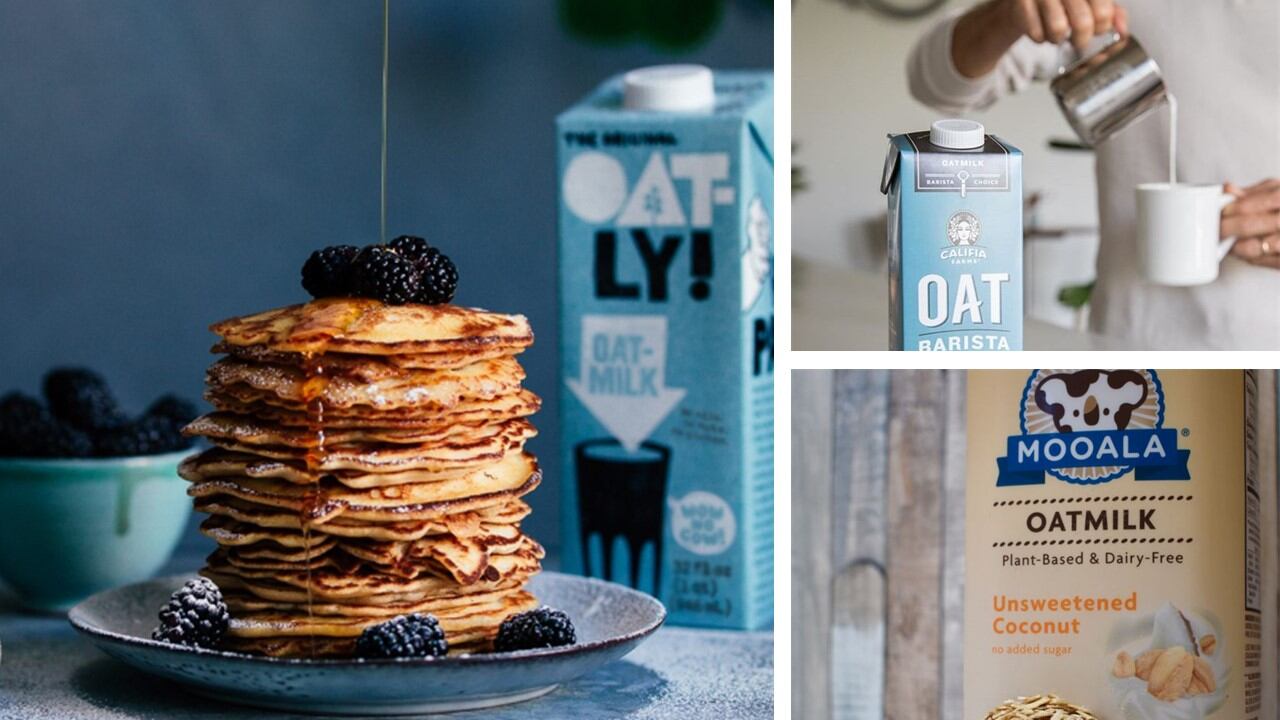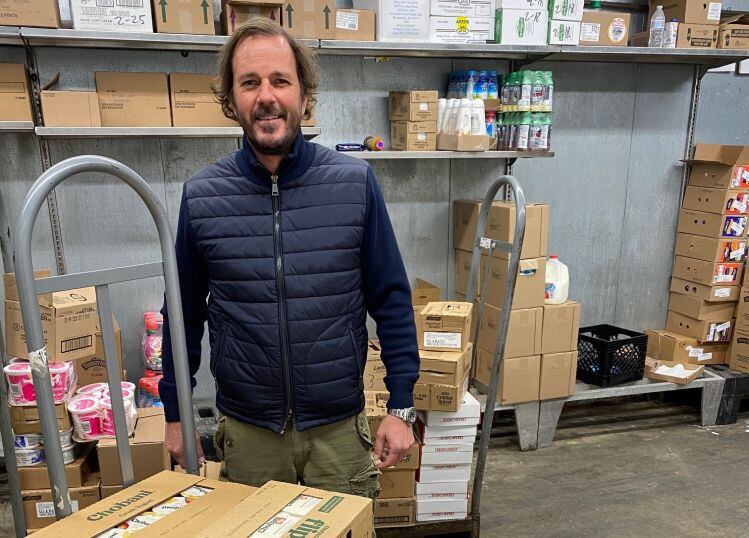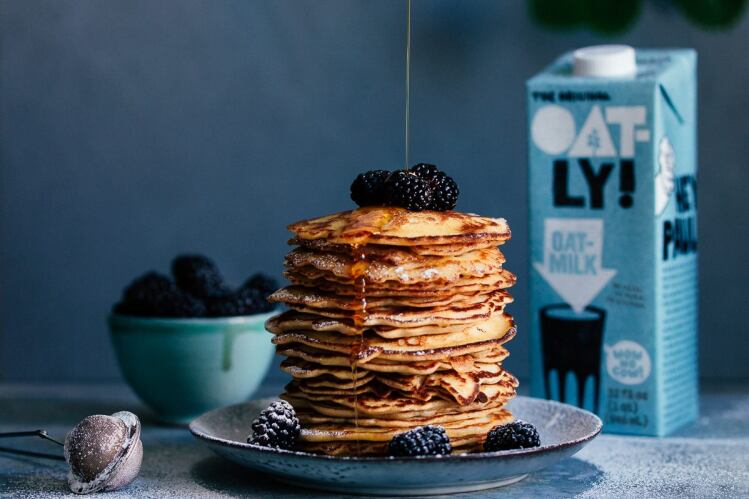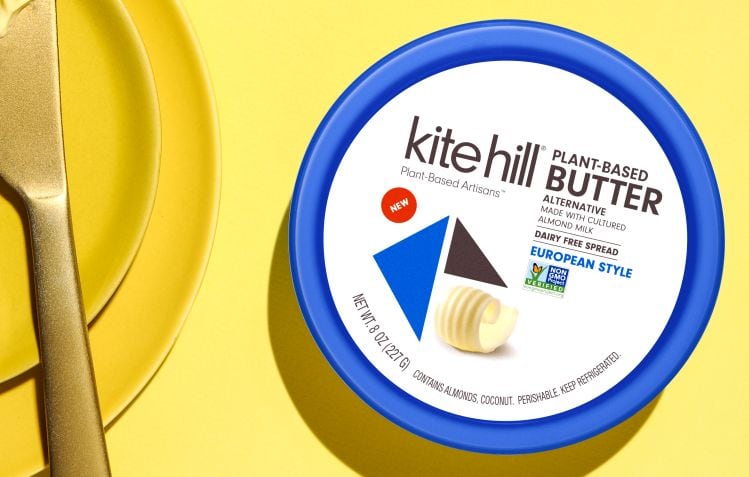HB 119 – which would have prohibited terms such as 'oatmilk' or almondmilk' on food labels, even if used with qualifiers such as ‘dairy-free' or 'plant-based’ – defined ‘milk’ as the “lacteal secretion, practically free of colostrum, obtained by the complete milking of a healthy hooved mammal..."
In a statement explaining his April 11 decision, Governor Northam explained: "Eliminating the ability to label certain food products with the term 'milk' could hinder some businesses’ ability to thrive in Virginia. This bill likely conflicts with both the United States Constitution and the Constitution of Virginia and each’s protection of commercial speech."
Alena Yarmosky, a spokeswoman for Northam, told the Washington Post: “While the Governor is very supportive of the dairy industry, he is concerned this bill is unconstitutional and could violate commercial freedom of speech.”
GFI: 'This is a victory for free speech, free markets, and consumer choice'
The move was welcomed by Jessica Almy, policy director at The Good Food Institute (GFI), which promotes plant-based meat and dairy and cell-based meat: “This is a victory for free speech, free markets, and consumer choice.”
GFI senior policy specialist Scott Weathers added: “Consumers should be the ones to pick the winners and losers in the marketplace — not special interests lobbying in state legislatures.”
The Plant Based Foods Association said the decision was "a major victory for the plant-based foods industry. By allowing plant-based milk companies to label their products accurately, Governor Northam is promoting a business-friendly environment that allows for plant-based innovation in Virginia."
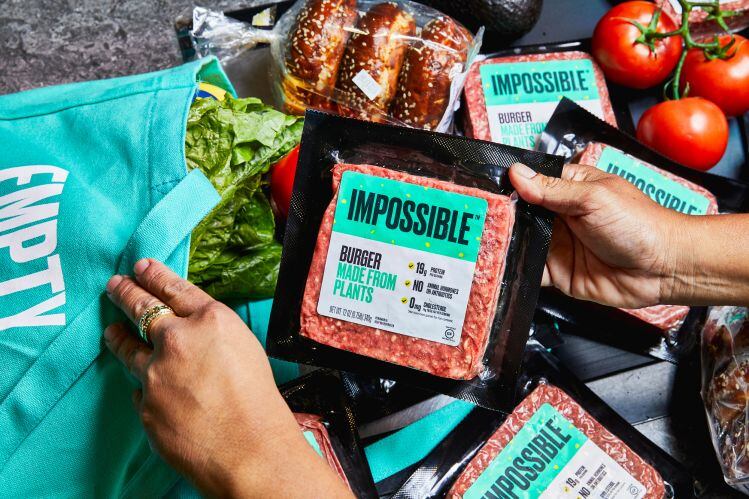
How is coronavirus impacting plant-based meat? Impossible Foods, Lightlife, Tofurky, Meatless Farm Co, Dr. Praeger's, weigh in
While some shoppers have shared photos of empty meat cases next to fully-stocked shelves of plant-based meat on social media, the latest Nielsen data suggests that retail sales of meat alternatives increased significantly in March alongside their animal-based counterparts. However, brands that have focused on foodservice face significant near-term challenges.
Co-sponsor: ‘Last year, Virginia lost up to three dairy farms a week’
While Plant Based Foods Association (PBFA) executive director Michelle Simon had warned that the bill would confuse consumers and “do nothing to help struggling dairy farmers,” Chris Runion (R-Rockingham) – who co-sponsored HB119 in the House – insisted it was “about giving the consumer correct information and being truthful in advertising.”
Plant-based ‘milk’ and consumer litigation
Consumer class actions challenging terms such as ‘almondmilk’ and ‘soymilk’ have not made much headway, with judges arguing that the federal standard of identity for ‘milk’ - which limits it to lacteal secretions from cows - does not categorically preclude a company from using names that include the word ‘milk’ (e.g. 'soymilk') as long as they use qualifiers such as ‘plant-based’ or ‘dairy-free.’
In an order dismissing one such case vs brand owner Blue Diamond Growers in 2017, Judge Stephen V. Wilson also gave short shrift to the ‘nutritional equivalence’ argument made by Runion: “A reasonable consumer, indeed even an unsophisticated consumer, would not assume that two distinct products have the same nutritional content.”
In January 2019, the Ninth Circuit court of appeals upheld the dismissal of the above class action and argued that reasonable consumers would not assume from the packaging that almondmilk is nutritionally equivalent to dairy milk.
Meanwhile, a federal district court in Arkansas recently determined that a challenge to a state law restricting ‘meaty’ terms on plant-based products was likely to prevail on the merits of its First Amendment claim.
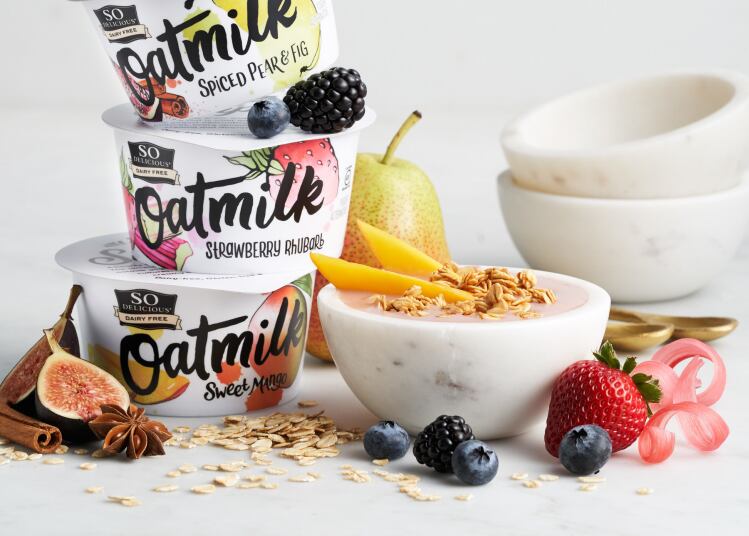
According to SPINS data collated by the GFI and the PBFA, plant-based options account for 14% of the fluid milk market; 4% of the yogurt market; 6% of the butter market; 5% of creamers; 3% of ice cream and frozen novelties; and 1% of the cheese market (52 weeks ending Dec. 29, 2019).

